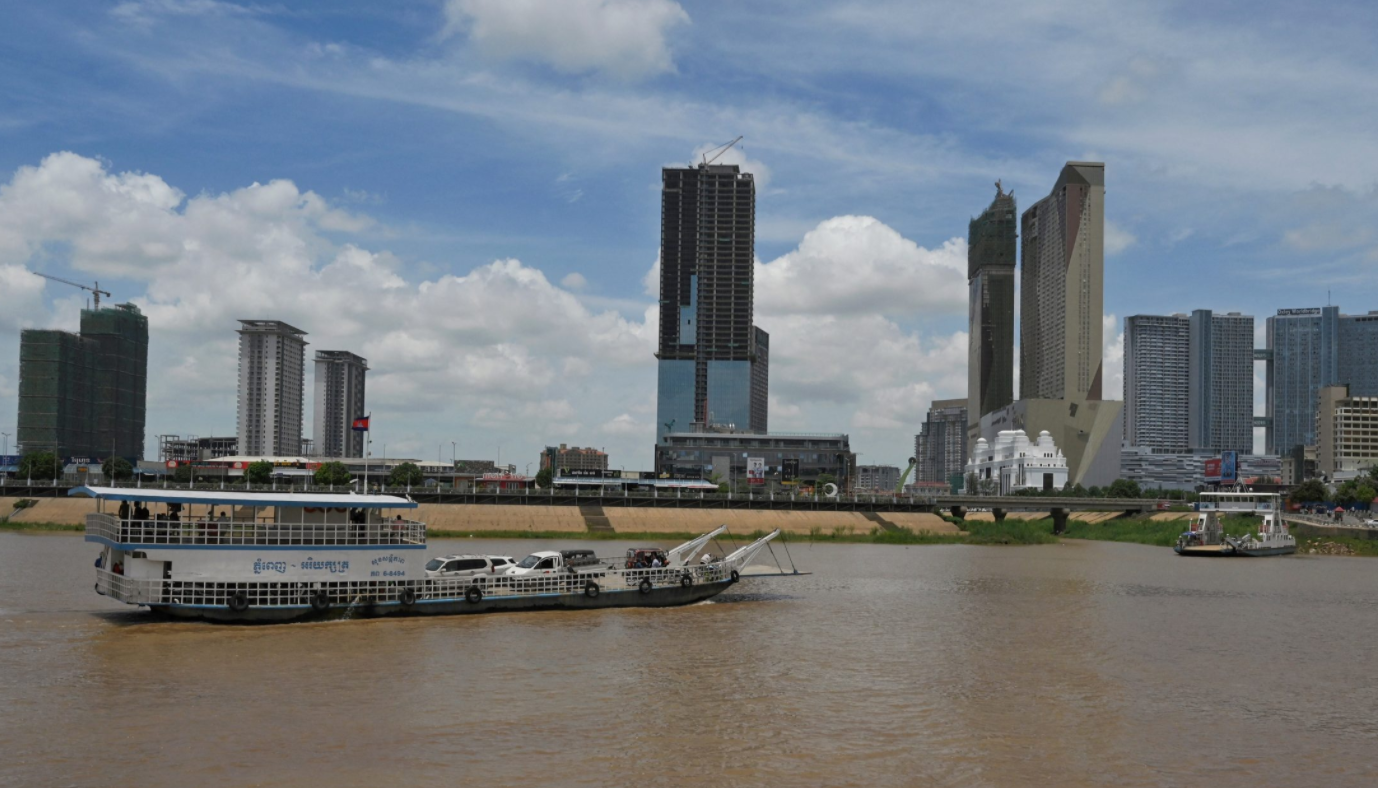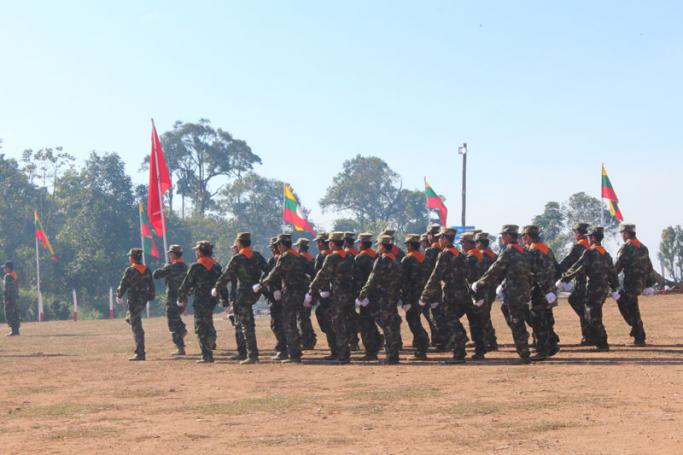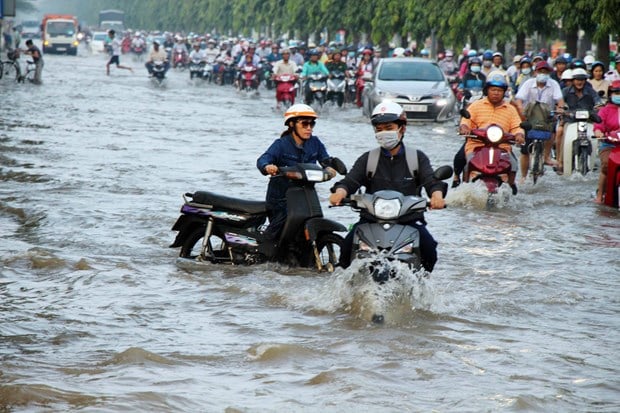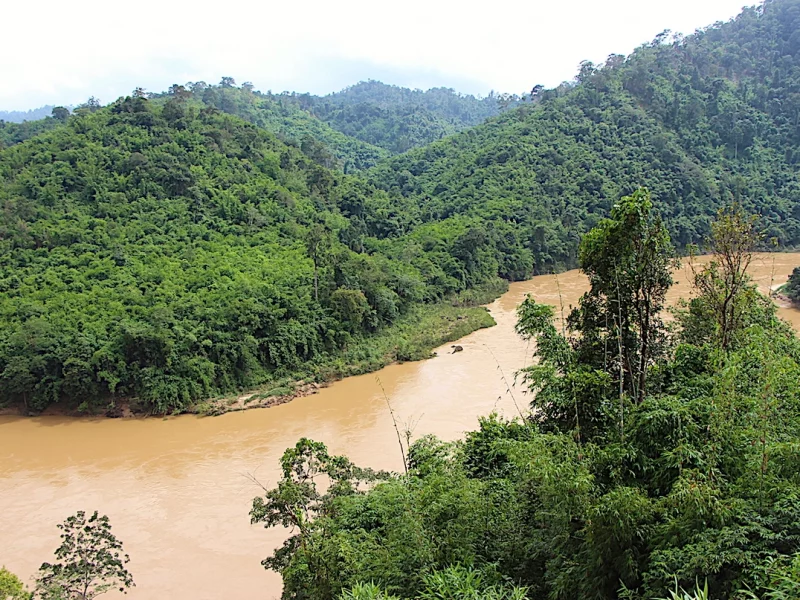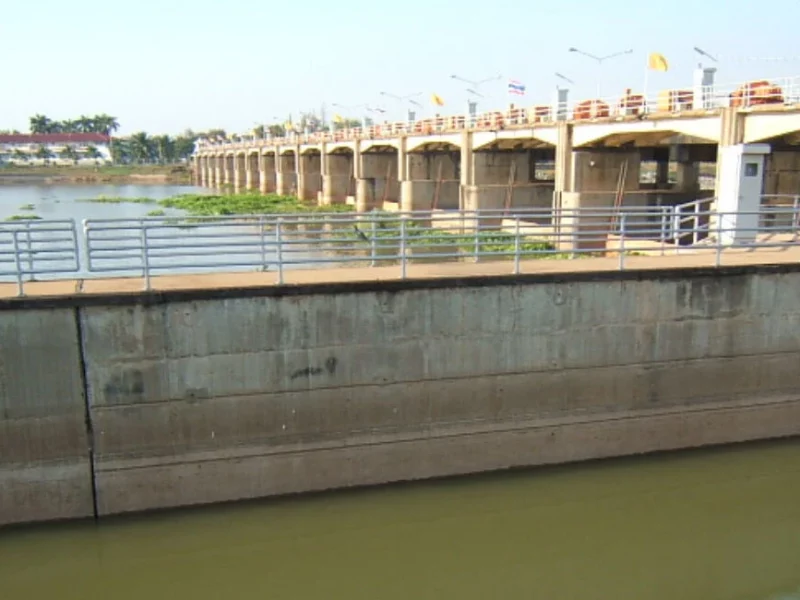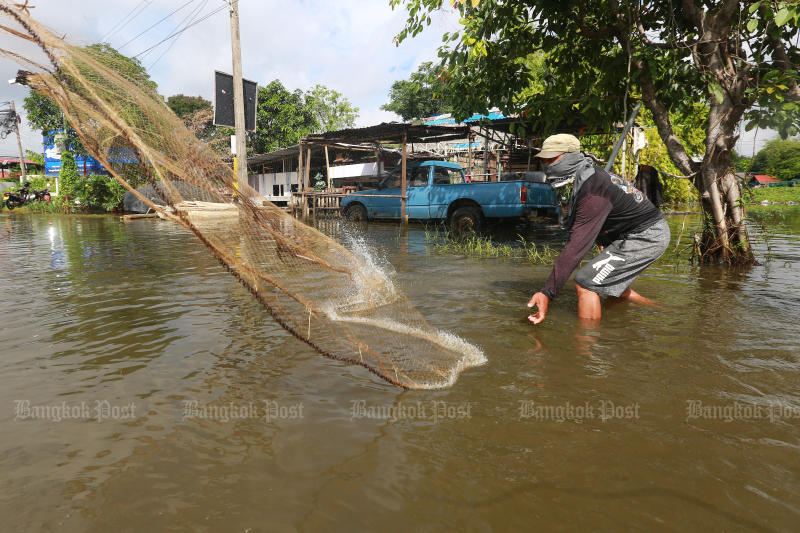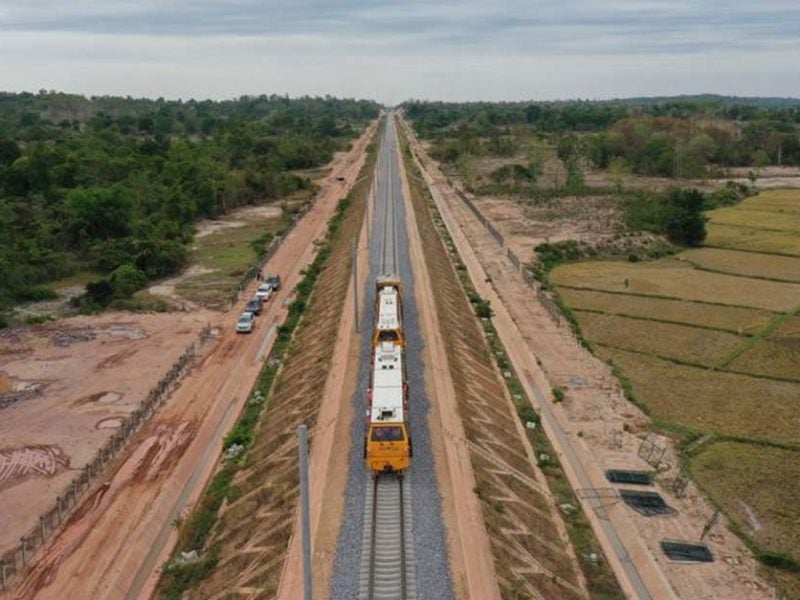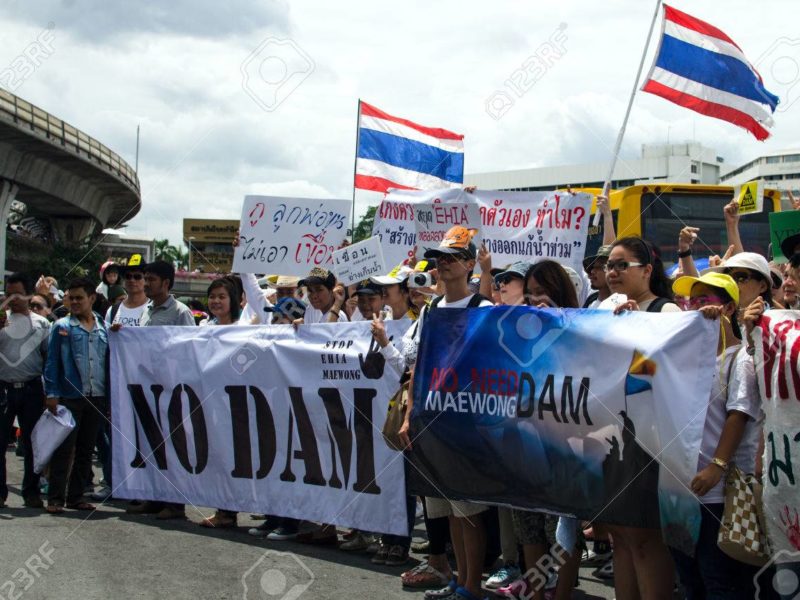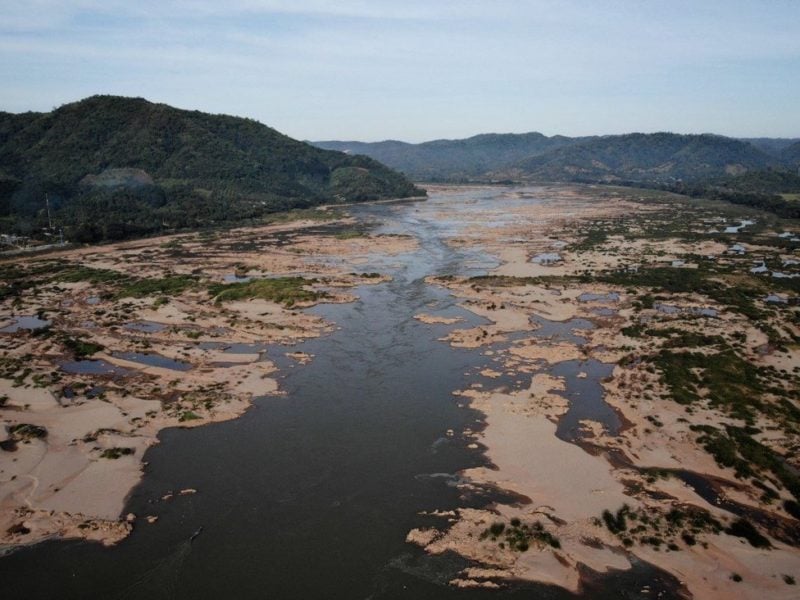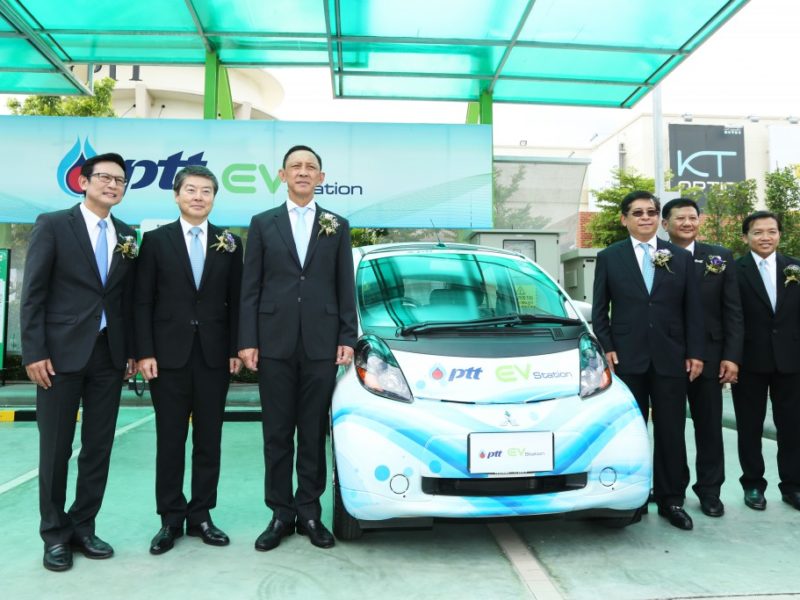Although there are no territorial disputes like those in the South China Sea, and no Western presence, China’s economic might is on full display in the Mekong region. Before Covid-19 struck, cities like Sihanoukville, Pattaya, and Luang Prabang were swamped with Chinese tourists. One only has to look at the impact that Chinese business and interests have had on the Cambodian economy to understand how the world’s newest superpower is flexing its economic muscles.
Category: Opinion
Collection of opinions relevant to the Mekong environment published in media outlets across the globe.
Southward put:: How will China’s influence affect conflict-ridden Shan State?
While the Burma people’s uprising or revolution is aimed at achieving the goal of uprooting the military junta and the establishment of a federal democratic union, the proxy war raging in Shan State may be intended solely to serve China’s national interest, with a matching physical presence of its proxy EAOs to provide security for its business interests and trade and communication infrastructure linking southwest China to the Indian Ocean.
Vietnam should walk the talk in climate actions
The “critically insufficient” rating indicates that Vietnam’s GHG target in 2030 reflects minimal to no action and is not at all consistent with the Paris Agreement’s 1.5°C temperature limit. If all countries were to follow Vietnam’s approach, warming would exceed 4°C.
Following coup, Myanmar’s Indigenous vow to protect forests ‘until the end of the world’
“Attacks by the military on Indigenous peoples and environmental defenders means that the forests are at risk – and for this reason we want to say to the world ‘this coup doesn’t just affect our country, but the future of the globe.’”
The challenge of water management in Thailand
The recent centralized water planning restructuring has not been desirable. It ignores core principles of integrated water resources management, which require local participatory planning and action based on local knowledges and understanding of water-related issues, the agency mostly just focuses on mega-projects.
Dams fail but still vital
Ban Kaeng Sila village in Khon Kaen’s Ubon Ratana district is just one kilometre away from Ubolratana Dam, the largest irrigation dam in the Northeast.. But local farmers had to endure severe drought for three years between 2018 to 2020, as the dam’s reservoir dried.
Building a sustainable and green economic corridor for Laos, hand In hand with FAO
The Ministry of Agriculture and Forestry, with active support from the Food and Agriculture Organization of the United Nations, is spearheading an innovative initiative that envisions bringing together governmental, private, and international partners to build a green growth economic corridor along the Laos-China Railway.
Water projects need scrutiny
Without an approved EIA a project cannot move ahead; so developers are accused of hiring “friendly” environmental firms and environmental experts to conduct a study and public hearing that give favourable outcomes that support the project. Such accusations surfaced recently in the case of the Yuam River Water Diversion scheme.
Asean’s focus on Mekong issues is crucial for region’s water security
Last month’s first-ever Water Security Dialogue showed the importance of involving young people and focusing on water resources development. As a historic show of unity between Asean and the Mekong River Commission, it will serve to enhance the ability of regional governments to tackle risks.
Thailand’s going electric still a remote prospect
This price range is only accessible to about 1% of the population. If the price of an EV car remains exorbitant and unaffordable for most. At this rate, the goal of seeing everyone driving EVs by 2035 will never materialise.


